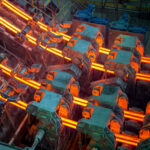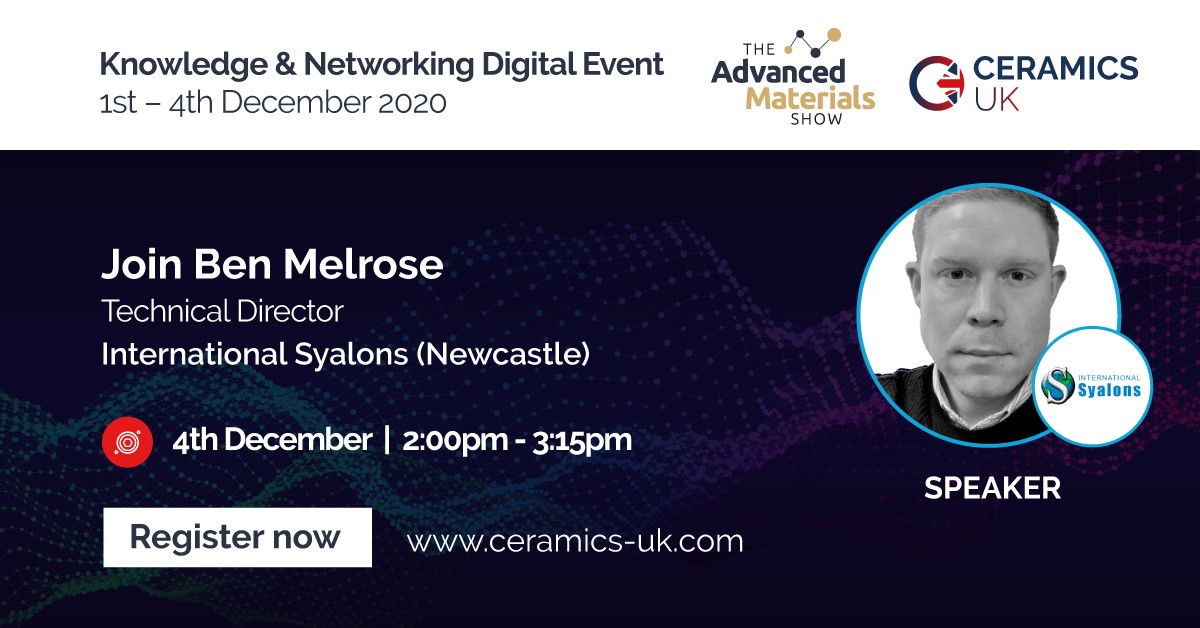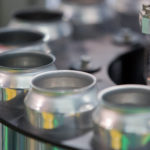Advanced ceramic materials continue to push engineering frontiers, and while there may be an open question about the true sustainability of technical materials from alumina (Al2O3) to zirconia (ZrO), there is no doubt about their impact on clean technology. We have spent the last few articles discussing the impact of advanced ceramic manufacturing on our environment, and their long-term viability in terms of pollution. In this article, we will explore the many exciting successes of sustainable advanced ceramic innovations and applications.
Continue readingCategory Archives: Uncategorized
Are Ceramic Manufacturing Processes Environmentally Friendly? An Insight into Production
Advanced ceramic manufacturing is a complex multi-step process centring on the consolidation and sintering of raw mineralogical feedstocks. Regardless of the type of ceramic (oxide or non-oxide), or the complexity, shape, size, and structure of the finished part, it is this densification stage of production that unlocks the outstanding thermomechanical properties of technical ceramic materials. It is also, by far, the most energy-intensive link in the advanced ceramics manufacturing chain.
Continue readingAre Technical Ceramics a Sustainable Solution? An Insight into Properties
Technical ceramics have become a mainstay among advanced engineering materials, replacing heavy duty metallic alloys and even refractories in many challenging applications and industries. This stems from their good all-round thermomechanical properties, but can also be attributed to incremental improvements in designing with ceramics and ceramic manufacturing. So, what impact does this shift towards specialist, high-performance material solutions have on corporate and social responsibilities, and sustainability initiatives?Continue reading
How Eco-Friendly are Ceramic Materials? An Insight into Pollution
Ceramics have been utilised by mankind for millennia, mainly due to the abundance of raw materials and the relative ease with which basic pottery can be manufactured. Industrial production is of course more complicated than simple green kiln firing, but even advanced ceramics like aluminium oxide (Al2O3), boron nitride (BN), and zirconia (ZrO2) are derived from source materials that are relatively plentiful on earth. This is often used as an argument in favour of the eco-friendly credentials of technical ceramic materials.Continue reading
Continuous Steel Casting with Syalon Break Rings
Engineering ceramics occupy the cutting edge of industrial applications. They are deployed where conventional materials are prone to failure, or to refine equipment for greater throughput and profitability. Their incredibly favourable thermomechanical properties have made them a mainstay in metalworks and steel foundries for decades, where they generally offer long-lasting performance over multiple cycles—even when in direct contact with molten metals.
Continue readingTimeline of Technical Ceramics: Key Figures in History
Ceramics might be the most diverse materials ever made. Spanning the entire spectrum of manufacturing, from delicate commodities to functional electronics and heavy-duty components, they represent unique performance capabilities that have rapidly pulled away from traditional engineering materials.
Continue readingFestive Holidays Notice
International Syalons (Newcastle) Ltd. offices will be closed from Wednesday 23rd December 2020 until Tuesday 5th January 2021.
Silicon Nitride: The Future of Sensing in Harsh Environments?
Data acquisition and signal transmission within harsh environments is an ever-present pain point for manufacturers across the full spectrum of engineering. Sensors must increasingly contend with extreme mechanical and thermal stressors, which can easily result in reduced performance and even failure in the wrong conditions. The only solution is to build sensing platforms with the right material properties for the application. High-temperature applications require may require ceramic materials owing to their enhanced thermal shock resistance and/or thermal expansion properties, for example.
Continue readingCeramics UK 2020 – Leaders in Conversation: Promoting Ceramics in an International Marketplace
Following the postponement of Ceramics UK 2020 in collaboration with the Advanced Materials Show to 7th & 8th July 2021, the event organisers are instead running an exciting online Knowledge and Networking Digital Event, bringing together highly focused audiences, all involved in the research, production, purchasing or integration of advanced materials technology including Graphene & 2D Materials, Composites, Polymers, Coatings, and Ceramics.

Join moderator TTIP Consulting Managing Director Dr Andy Wynn, and panellists Lucideon CEO Tony Kinsella, British Ceramic Confederation CEO Dr Laura Cohen MBE CEng FIMMM, alongside International Syalons Technical Director Ben Melrose as they discuss Promoting Ceramics in an International Marketplace.
Can Tooling with Technical Ceramics: Silicon Nitride, Zirconia & More
Technical ceramics often conjure impressions of heavy-duty industry, chemical processing, or aerospace and defence applications. But the odds are likely that you have several commodities in your kitchen that have been formed using specialised ceramic components. We are referring to food and beverage cans.
Continue reading










